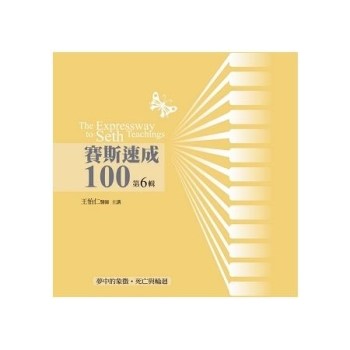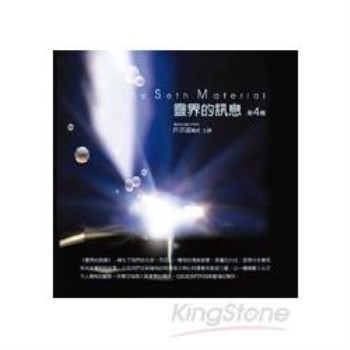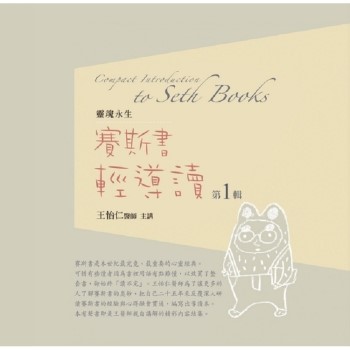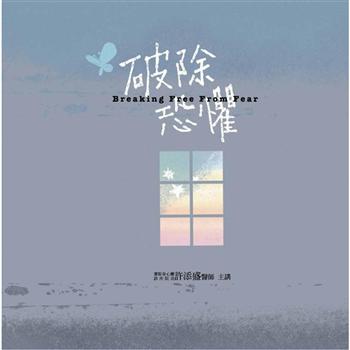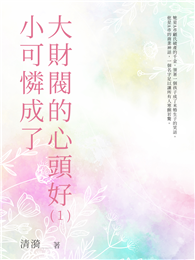This is a story of fire-the fire which incinerates all, incinerates any face of God, so that nothing is holy, so that all is holy. It tells of fire which illuminated America in the late 1950s with the Beat Generation, the fire which in Southern California ignited an ecstasy of word and flesh so intense that in Venice the seagulls would follow poets down the Boardwalk. This memoir of fire is a record of how it inflamed and finally consumed one poet of that generation, how its blaze called me to a Catholic convent in the late 50s. In September, 1958, Philomene Long knocked at the door of a convent atop a mountain overlooking the great stretch of Los Angeles and the sea. It was the late 50s, when the bible of adolescents was Catcher in the Rye by J.D. Salinger and Rock and Roll was in its first generation, as was Elvis' pelvis. Cars had become modern, with chrome and wings. James Dean had died in a car crash. Teenagers, including Philomene, sneaked behind their parents' backs to see the movie "Blackboard Jungle". Sputnik was up. Beatniks were down. All over America, jazz was the sound. Black was the color. America was on the move. It was the time of Jack Kerouac's On the Road, Allen Ginsberg's "Howl". Beat poets Gary Snyder and Joanne Kyger were on the road in Asia and Japan, both practicing Zen at a monastery in Kyoto. Beat poet William Everson (Brother Antoninus), like Philomene, had entered a Catholic monastery. The Beat Generation was disregarding the values and materialism of postwar America. It was the time when Japanese Zen masters were arriving on American soil: Suzuki, Roshi and Maezumi, Roshi (with whom Philomene would later study Zen for twenty-one years, until his death in 1995). They brought with them the golden seed of Buddhism. And Philomene, having just turned eighteen, a teenager with an affinity for booze, cigarettes and poetry, and for making out in the back of her boyfriend's car, prepared to leave that world and enter the nunnery. This was not to be effortless...
| FindBook |
有 1 項符合
Memoirs of a Nun on Fire的圖書 |
 |
Memoirs of a Nun on Fire 作者:Long 出版社:Createspace Independent Publishing Platform 出版日期:2011-08-17 語言:英文 規格:平裝 / 196頁 / 22.91 x 15.19 x 1.07 cm / 普通級/ 初版 |
| 圖書館借閱 |
| 國家圖書館 | 全國圖書書目資訊網 | 國立公共資訊圖書館 | 電子書服務平台 | MetaCat 跨館整合查詢 |
| 臺北市立圖書館 | 新北市立圖書館 | 基隆市公共圖書館 | 桃園市立圖書館 | 新竹縣公共圖書館 |
| 苗栗縣立圖書館 | 臺中市立圖書館 | 彰化縣公共圖書館 | 南投縣文化局 | 雲林縣公共圖書館 |
| 嘉義縣圖書館 | 臺南市立圖書館 | 高雄市立圖書館 | 屏東縣公共圖書館 | 宜蘭縣公共圖書館 |
| 花蓮縣文化局 | 臺東縣文化處 |
|
|
作者簡介
Philomene Long was the daughter of a naval officer and a mother who emigrated from Ireland to America to become a writer. She grew up in New York City; Bristol, Virginia and San Diego. She went to Catholic schools, and graduated from The Academy of Our Lady of Peace and Mount St. Mary’s College. She also earned a Master of Arts degree at UCLA. Her vocation as a nun came at age seven, and she entered the convent "as a rather wild teenager." She became, as John Maynard says, "a rather wild nun." A friend in the convent told Long about Venice and told her as well that she was a "beatnik." When Long asked why, her friend replied, "Because you spend so many hours looking at the sky." After a failed marriage, Maynard goes on, "she moved to Venice to write poetry, shoot film, and live exactly as she chose." She became "a regular feature of the Ocean Front in her tennis shoes, black thrift-shop dresses, long, straight hair, alarm-clock pendant, and heavy silver cross." She met Perkoff in 1973. After his death she continued to live in Venice-and, thirty four years later, she was "still around in force." Her interest in Zen began in 1968. In 1974 she began to study with Maezumi Roshi and continued with him until Maezumi’s death in 1995. Over the years Long published many books of poetry, including two collaborations with her husband of 18 years, poet John Thomas: The Book of Sleep and The Ghosts of Venice West. The Collected Poems of Philomene Long was published posthumously. She lived a life of poetry and "dedicated poverty" with him until his death in 2002. She also made films: The Beats: An Existential Comedy, with Allen Ginsberg, and The California Missions, with Martin Sheen. She became the Poet-Laureate of Venice in 2005. She died suddenly after a brief illness in her beloved home The Ellison, in Venice, California on August 21th, 2007. It was her mother’s birthday and four days after her own 67th birthday. She was found dressed in white, the color she dressed to write in, lying next to her writing table with arm and hand outstretched towards...
|
